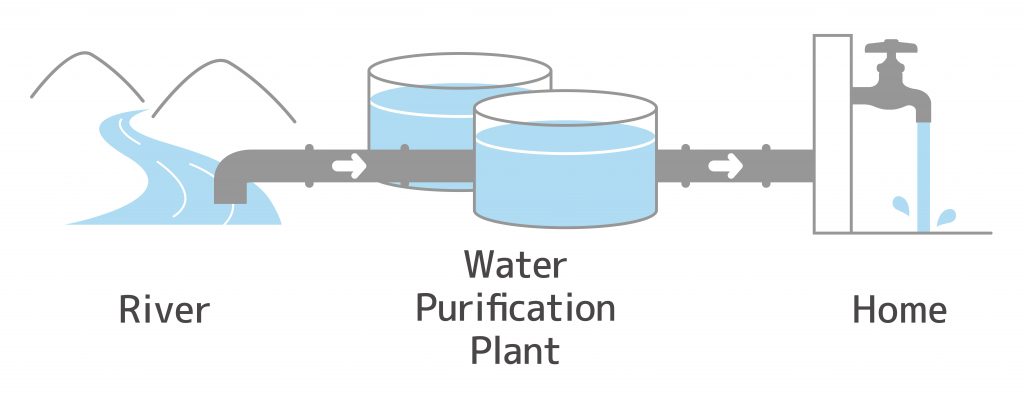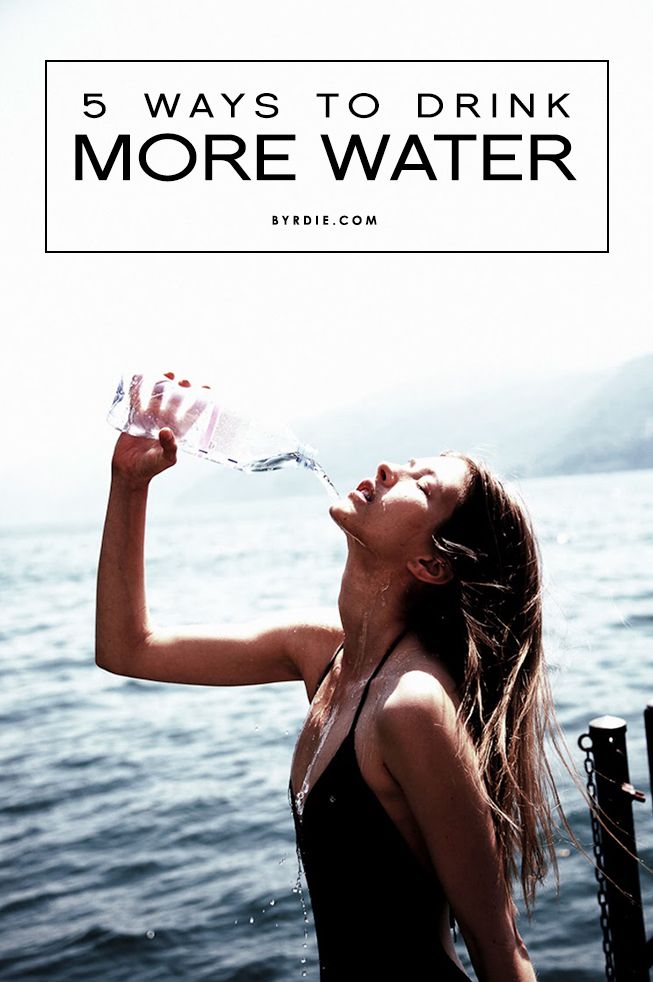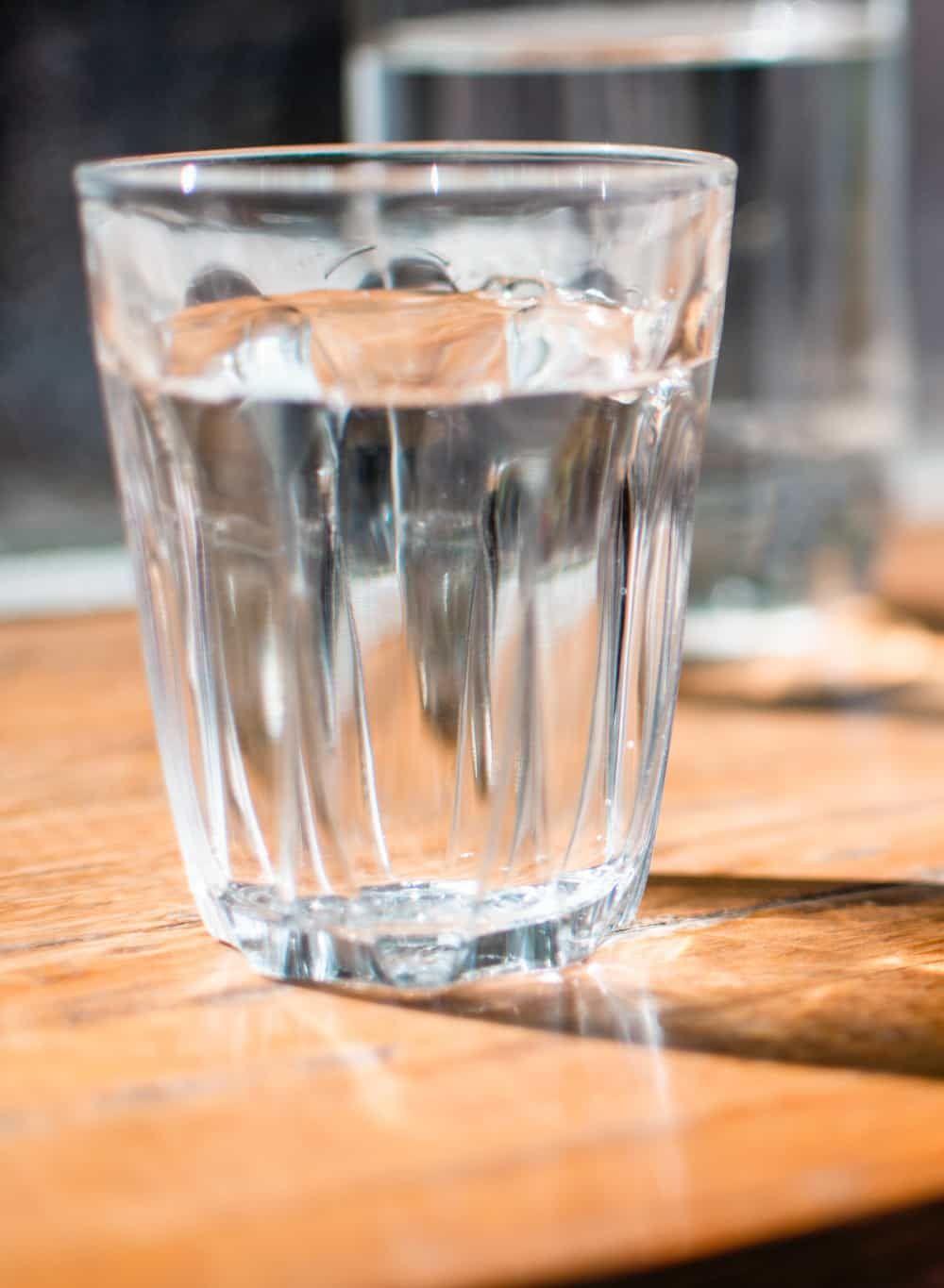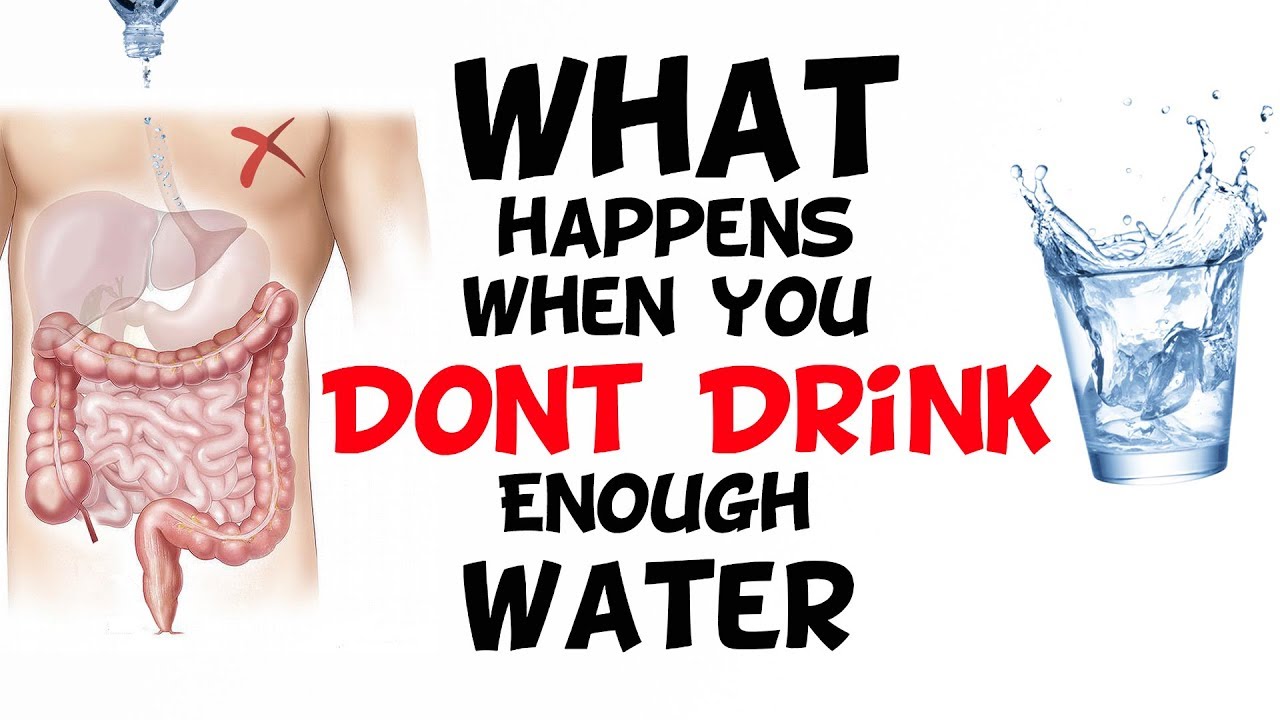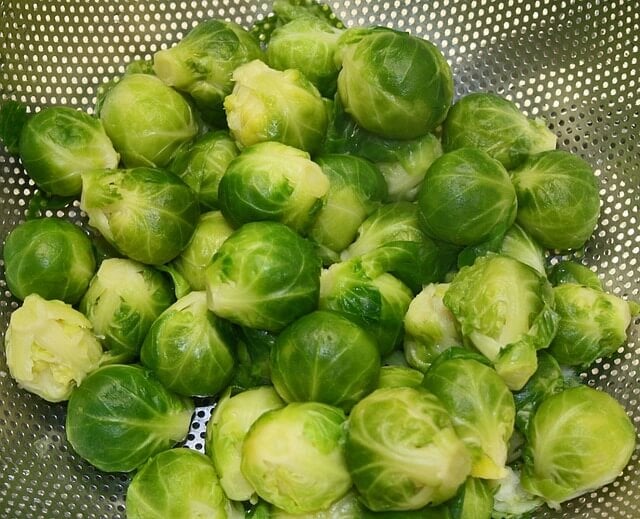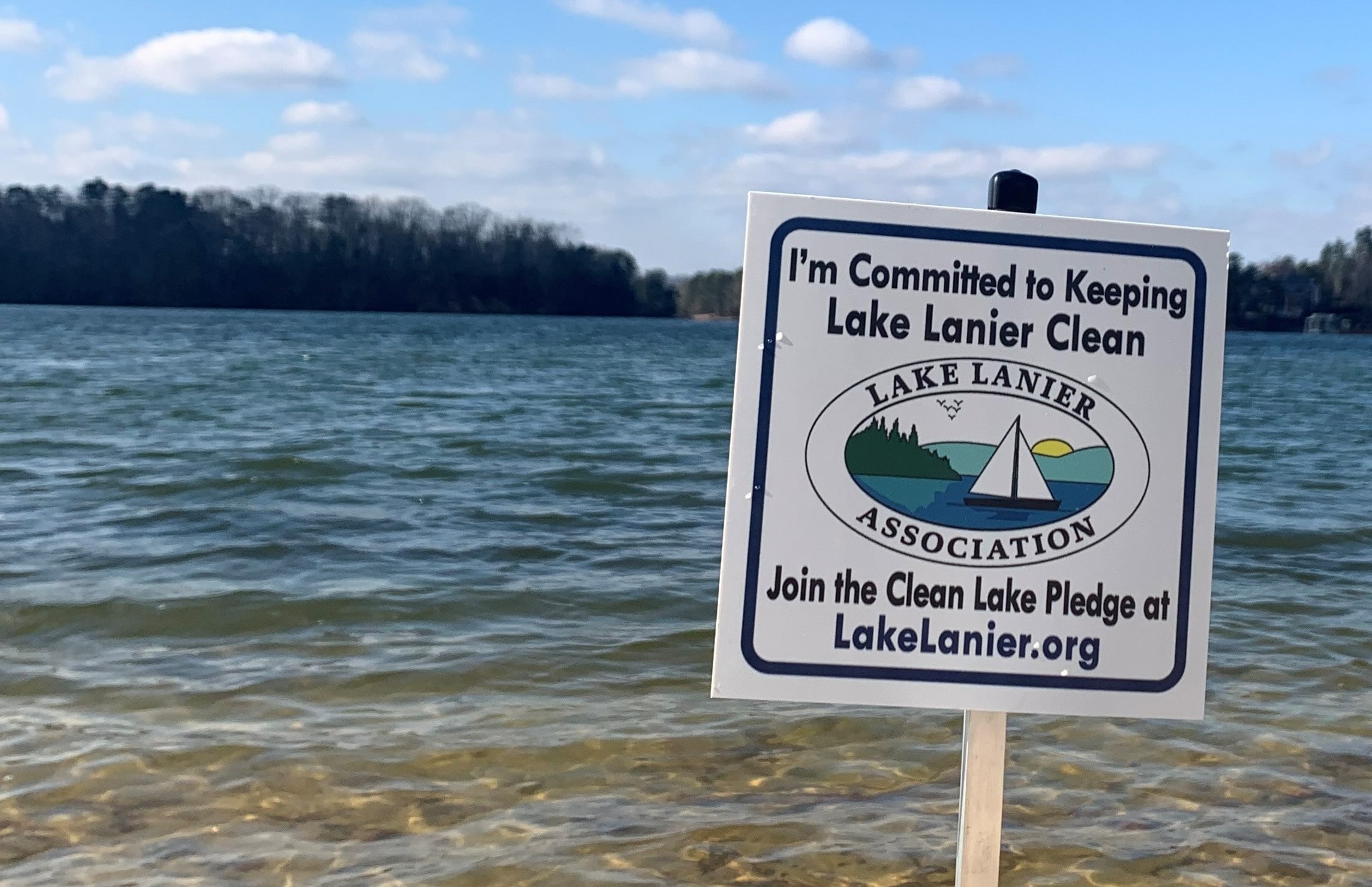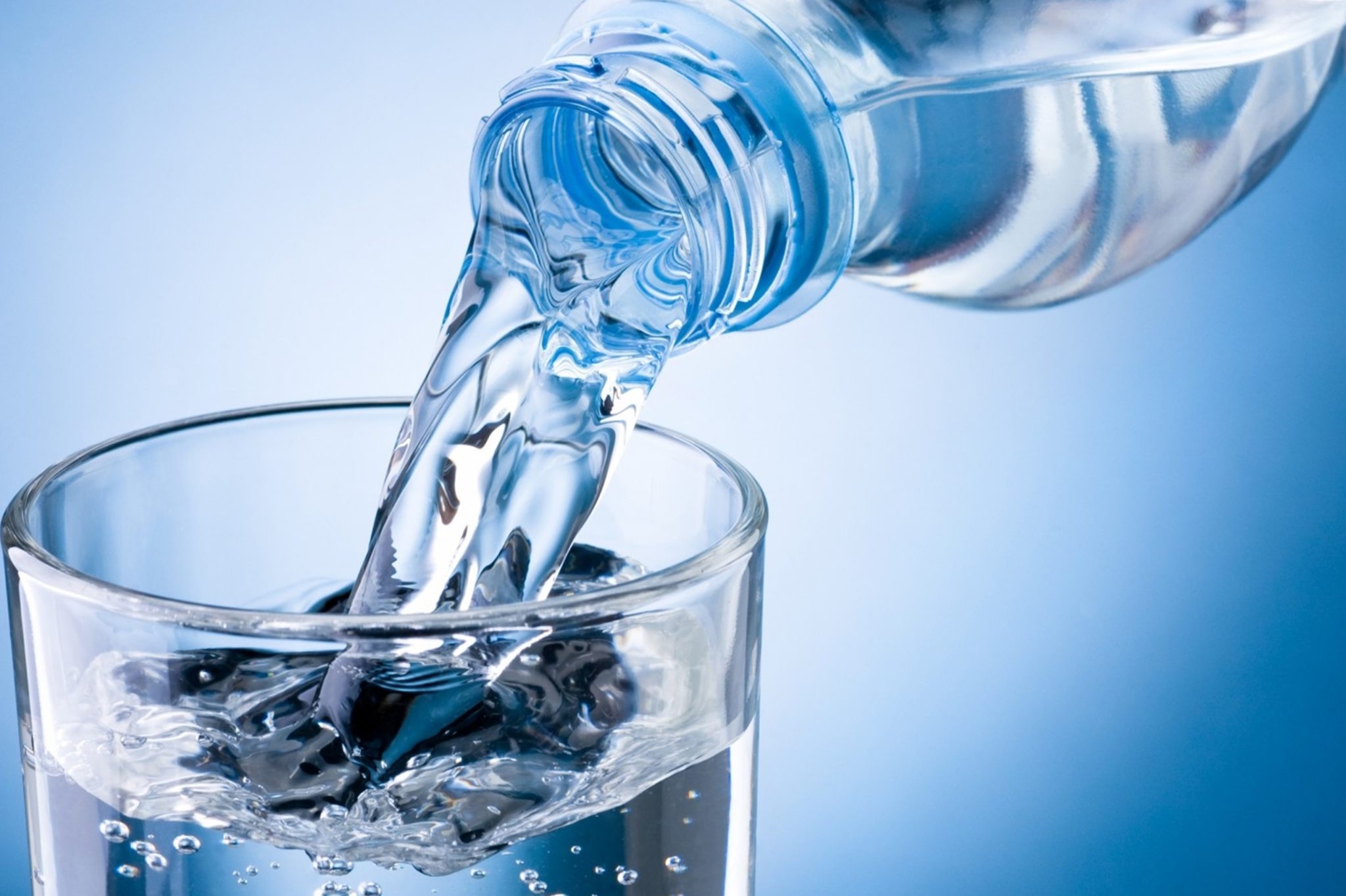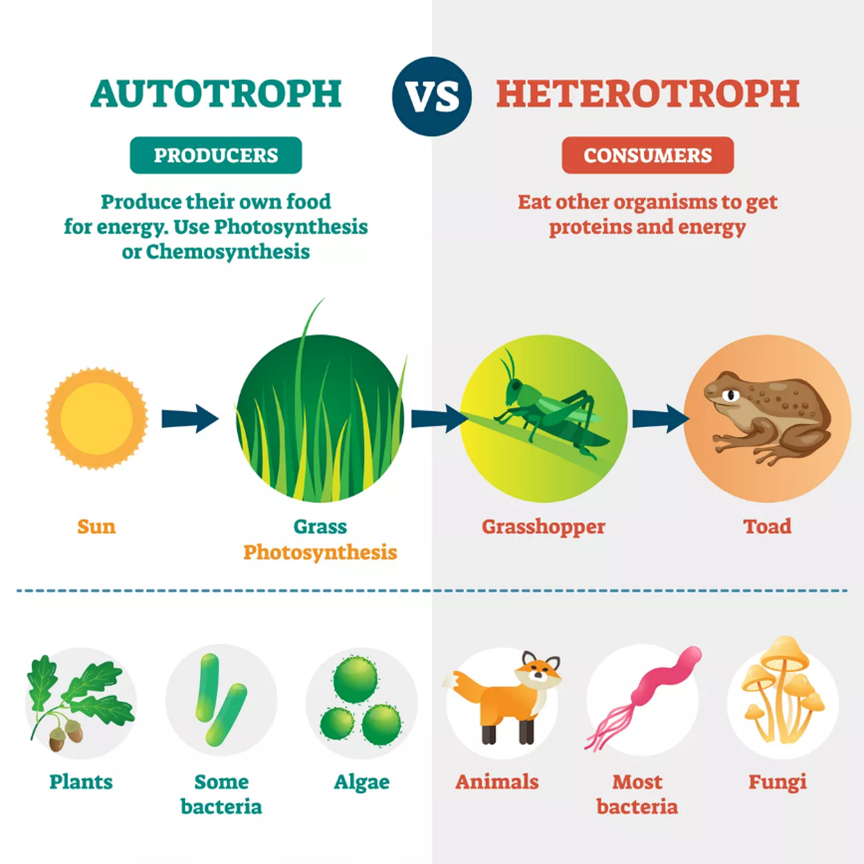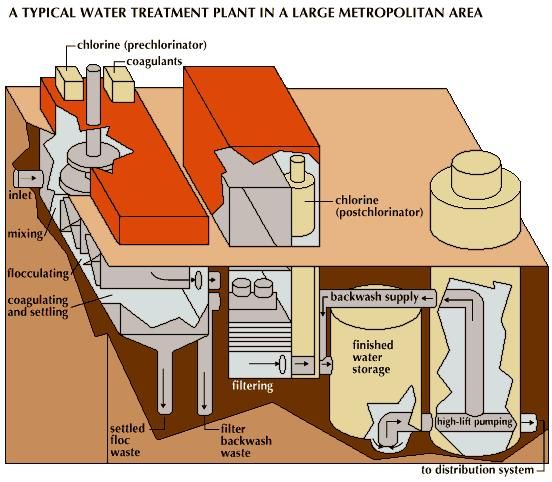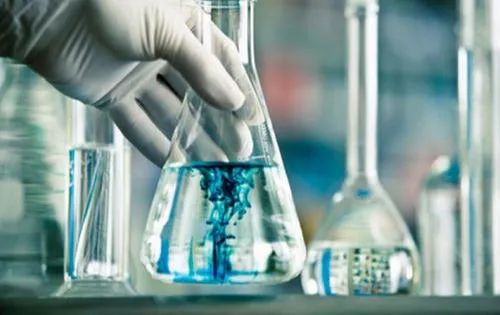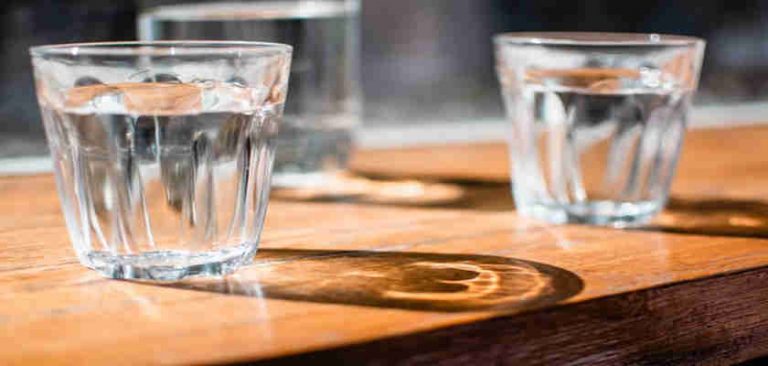
Can You Drink Creek Water
It is strongly not recommended to drink creek water without purifying it first. Even the clearest, most pristine-looking creek can harbor harmful microorganisms like bacteria, viruses, and parasites, which can cause a variety of waterborne illnesses. These illnesses can range from mild discomfort (nausea, diarrhea, cramps) to serious and even life-threatening conditions. Here’s why you…







